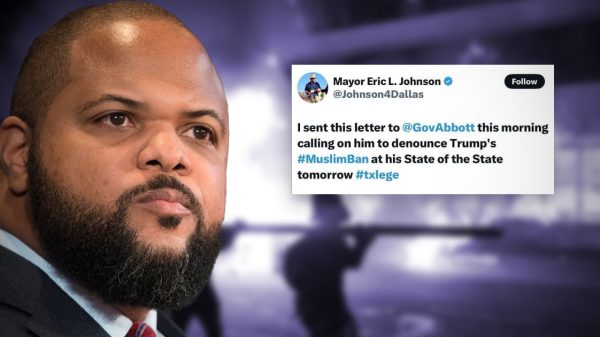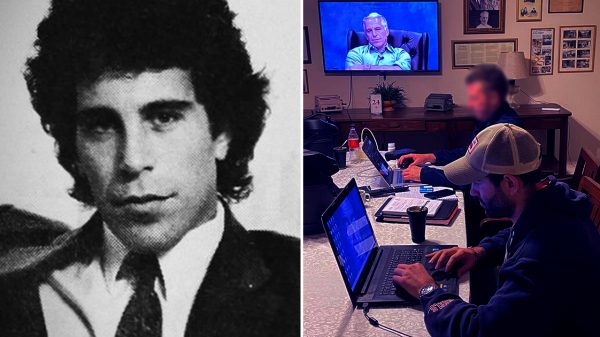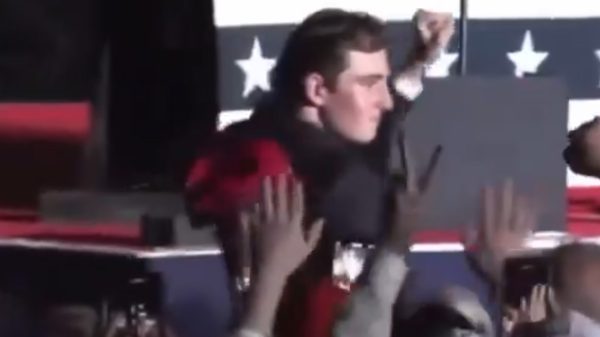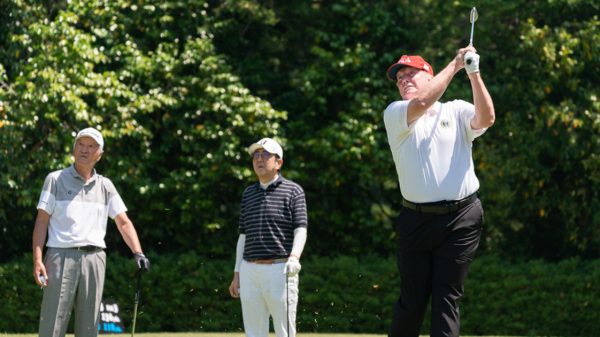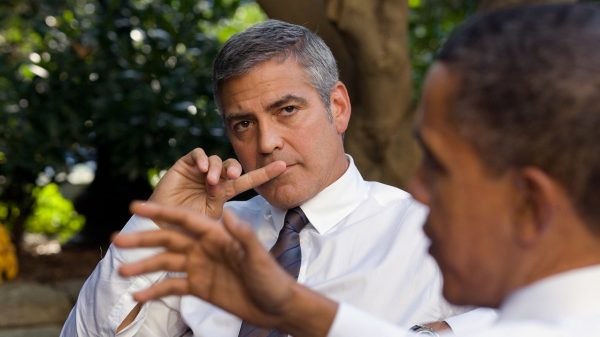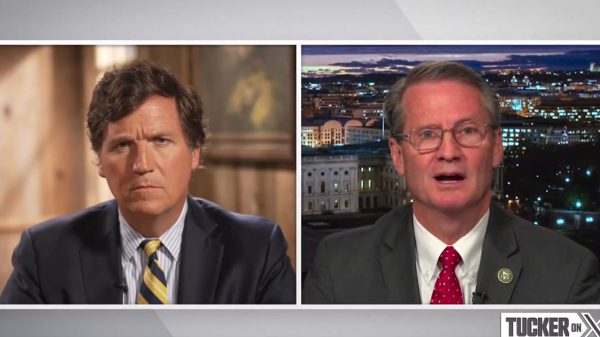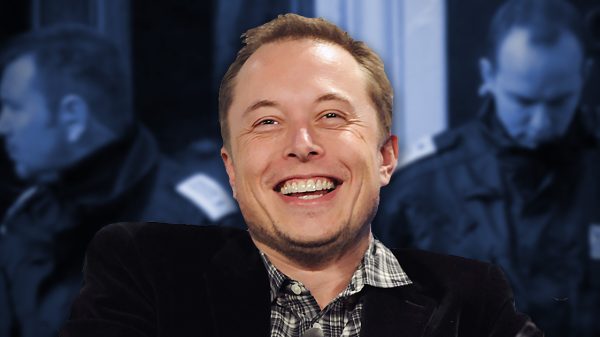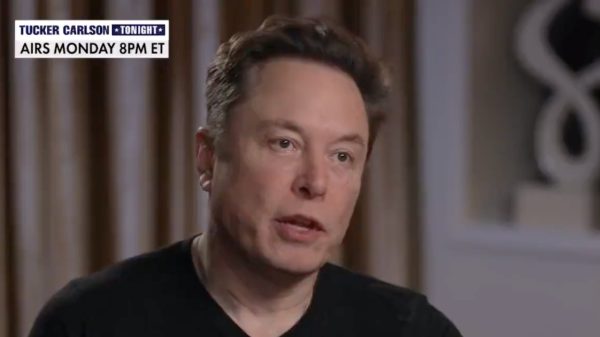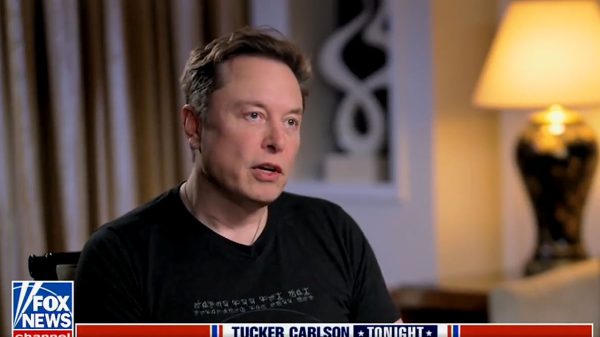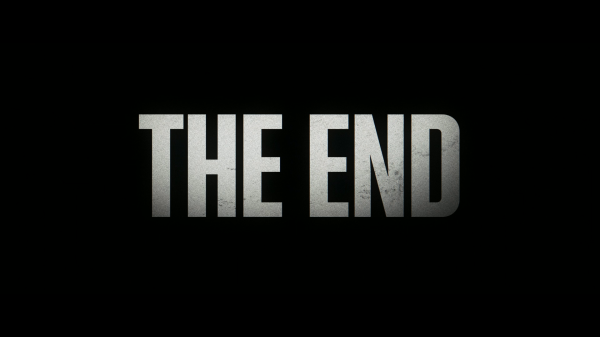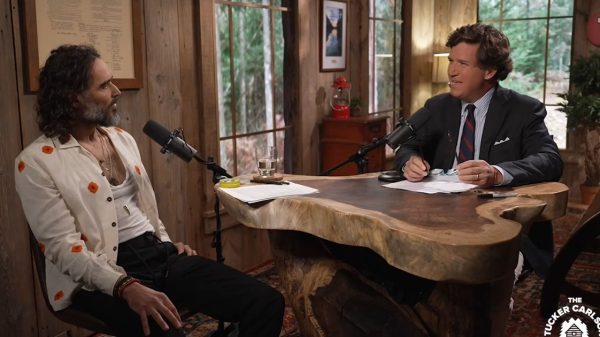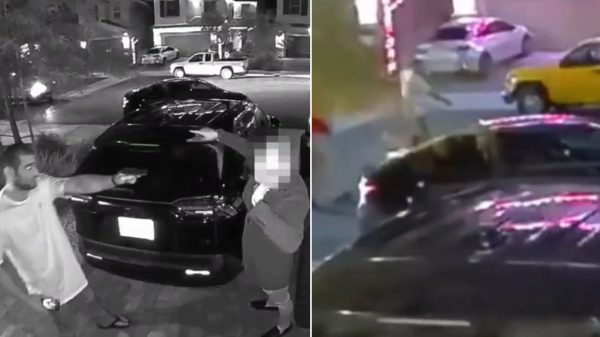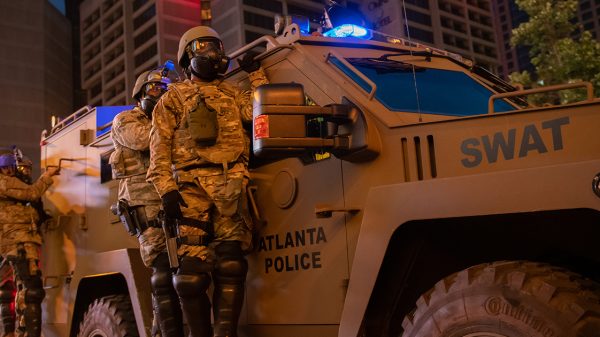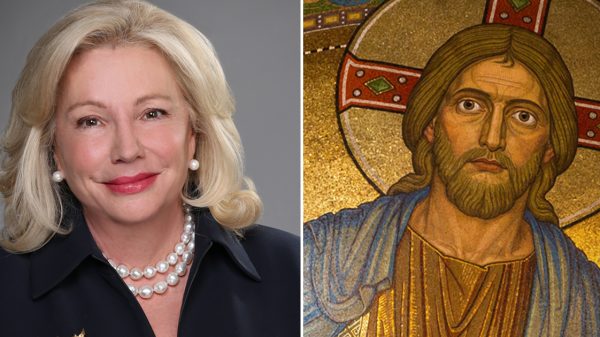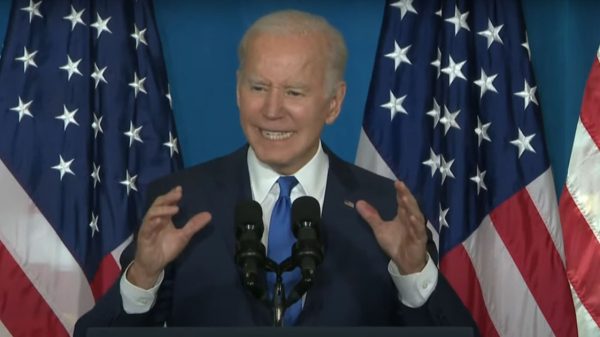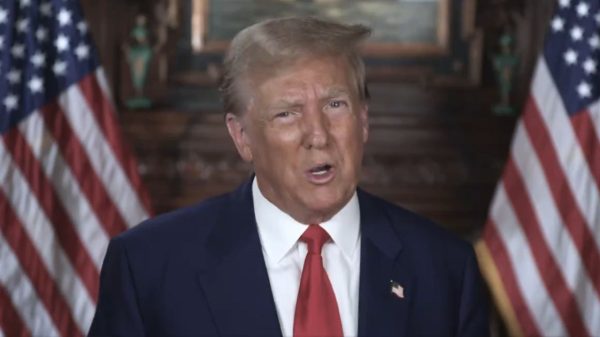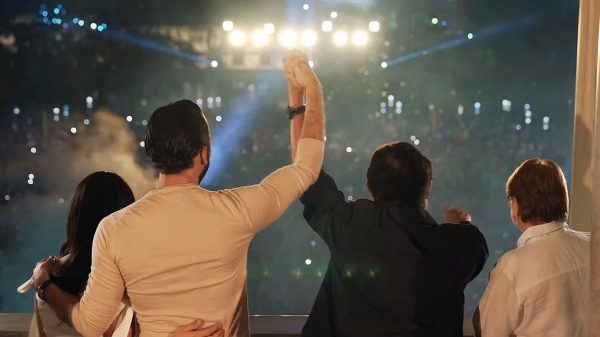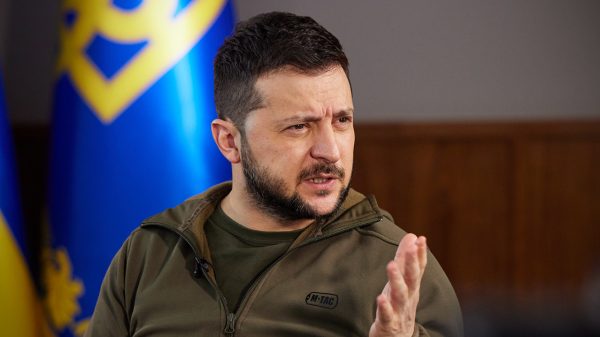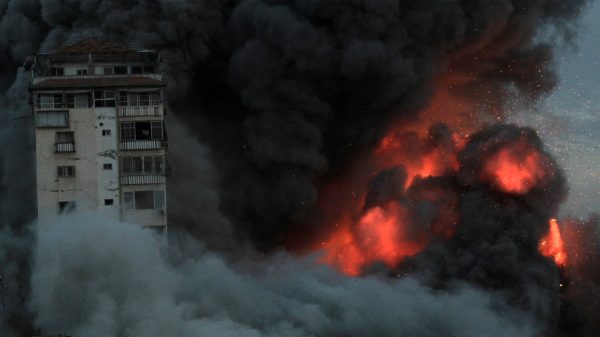Chilean YouTube commentator Gonzalo Lira – known online as “Coach Red Pill” – appeared on a live stream earlier today to confirm that he is alive following days of reports that he was either captured by Ukrainian forces or killed by the controversial Azov Battalion, which routinely uses neo-Nazi imagery.
Multiple Ukrainian accounts on Twitter and Telegram spread reports suggesting Lira, who lives in Kharkov, Ukraine, was killed for being pro-Russia after he appeared on Russia Today, a news outlet that receives funding from the Russian government in a fashion similar to PBS, CBC, or BBC.
One unconfirmed report claimed he was executed by the Azov Battalion, though some cast doubt on this as the far right military group is largely isolated and surrounded by Russian forces in the Azovstal steel mill in Mariupol.
This morning Lira appeared on video for the first time since April 15, and revealed that he was “picked up” by the the Security Service of Ukraine (SBU), a law enforcement and intelligence gathering force for Kiev.
“I’m in Kharkov, I’m okay,” Lira said in a five minute YouTube live stream this morning. “I just want to say that I’m fine, physically, I’m a little rattled. I was picked up by the SBU on Friday, April 15, at a little after 1 p.m. local time.”
“I’m okay, physically, I’m a little rattled.”
Lira explained that he does not have access to his cell phone or computer, potentially indicating they were seized by the SBU, and said he does not have access to the majority of his social media accounts.
He also stressed that he is unable to say much publicly beyond a confirmation that he is alive.
Still, Lira said he has been able to communicate with his family, who likely saw the unconfirmed reports of his death.
“I don’t have my computer and I don’t have my phone and so anything that was published or posted… after April 15, just discount it, because it was not me,” said Lira. “I did not have access to those accounts and I still don’t for that matter.”
He added, “I’ve been in touch with, of course, I reached out to my family members, the people close to me, and you know, I’m telling them that I’m okay.”
Some speculated that Lira may have stopped posting online as he fled the wartorn country. Lira repeatedly confirmed that he is still in Kharkov, and said that the “authority” of that city told him he is not to leave.
“I’m still in Kharkov, for the time being I cannot leave,” Lira explained. He added, “The authority here has told me that I cannot leave the city.”
Lira repeatedly thanked his supporters for their “kind wishes” and “thoughtfulness,” and urged them to redirect their support toward those who are still missing in Ukraine amid the ongoing conflict.
Prior to going missing for days, the YouTuber had repeatedly accused the Ukrainian government of corruption and hinted that it has killed dissidents.
On Twitter, he listed a series of names and urged his followers to “Google these names” if they “want to learn the truth about the Zelensky regime” before adding “If you haven’t heard from me in 12 hours or more, put my name on this list.”
You want to learn the truth about the Zelensky regime? Google these names:
Vlodymyr Struk
Denis Kireev
Mikhail & Aleksander Kononovich
Nestor Shufrych
Yan Taksyur
Dmitri Djangirov
Elena BerezhnayaIf you haven’t heard from me in 12 hours or more, put my name on this list.
GL
— Gonzalo Lira (@realGonzaloLira) March 26, 2022
“There seems to have been a lot of interest in my case, which is wonderful, thank you,” said Lira, “but there are a lot of people who are frankly more deserving of the attention”
He added, “Those people matter more because we don’t know where some of them are.”
“Some of them have passed away,” Lira explained. “Some of them killed.”
Lira, who appeared on The Duran’s YouTube channel, promised his supporters that he would “think of something clever to say” and return to the Internet in the near future.
Russia launched a “special military operation” against Ukraine earlier this year after a years long standoff over the disputed Donbass region. Moscow claims it launched the “special military operation” to prevent Ukrainian state violence against ethnic Russians, while Kiev and much of the international community insist the invasion was unprovoked.



